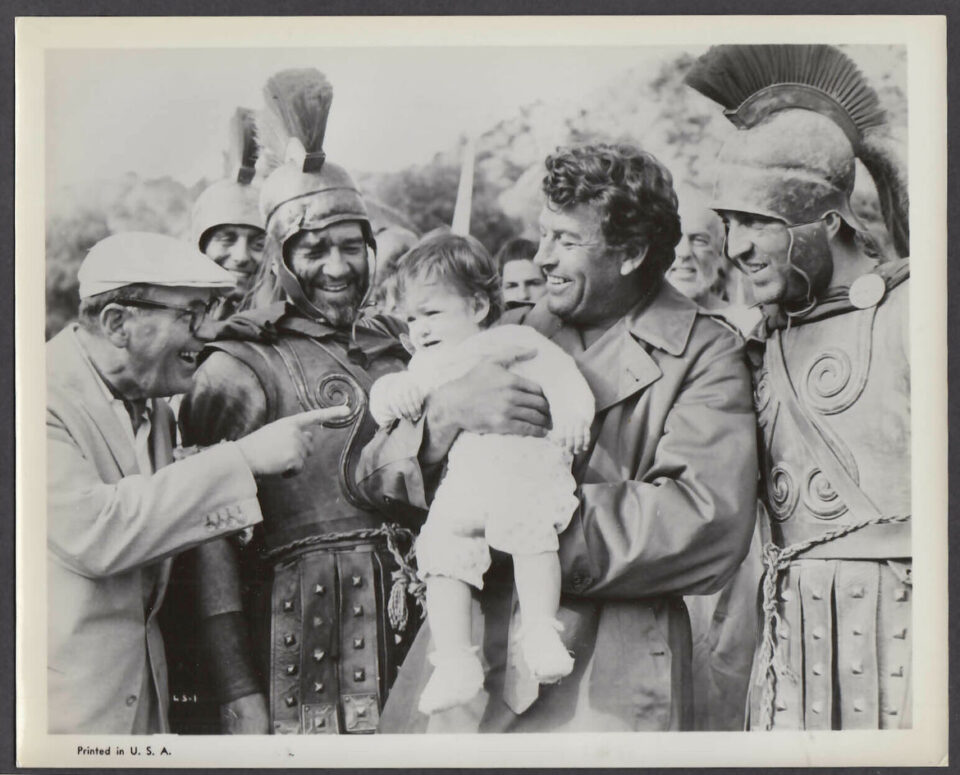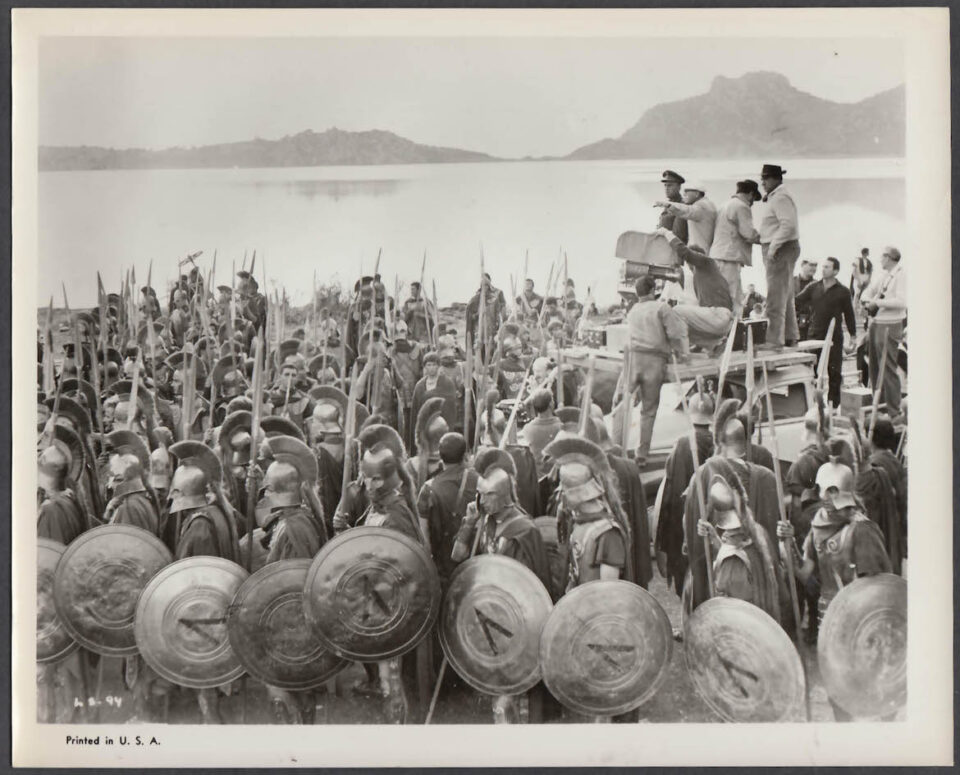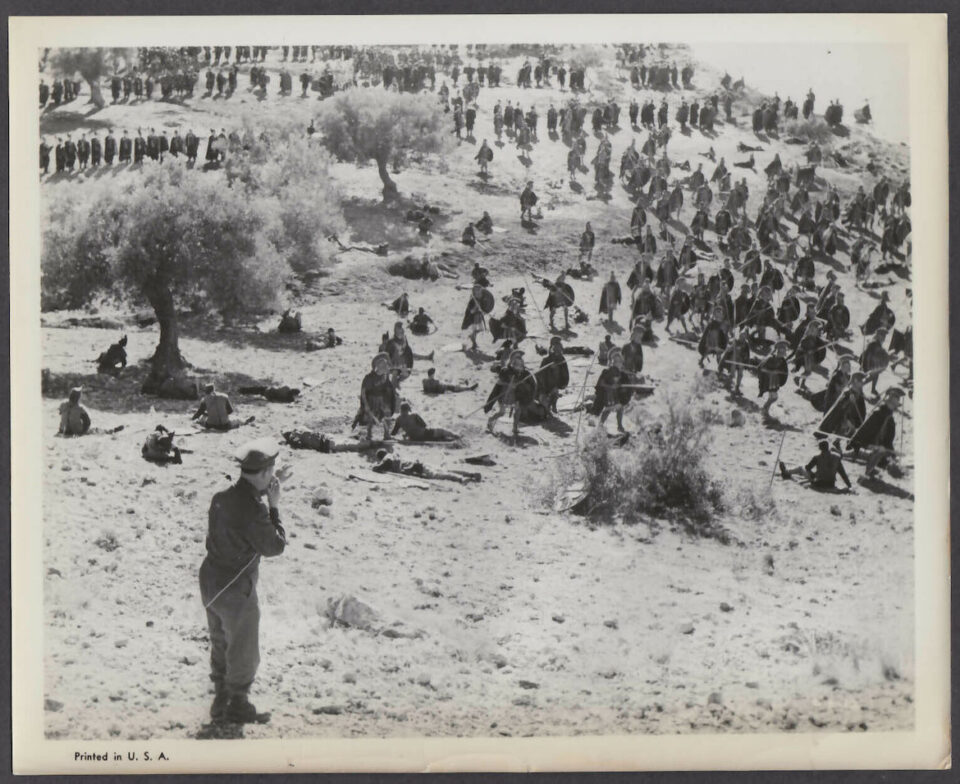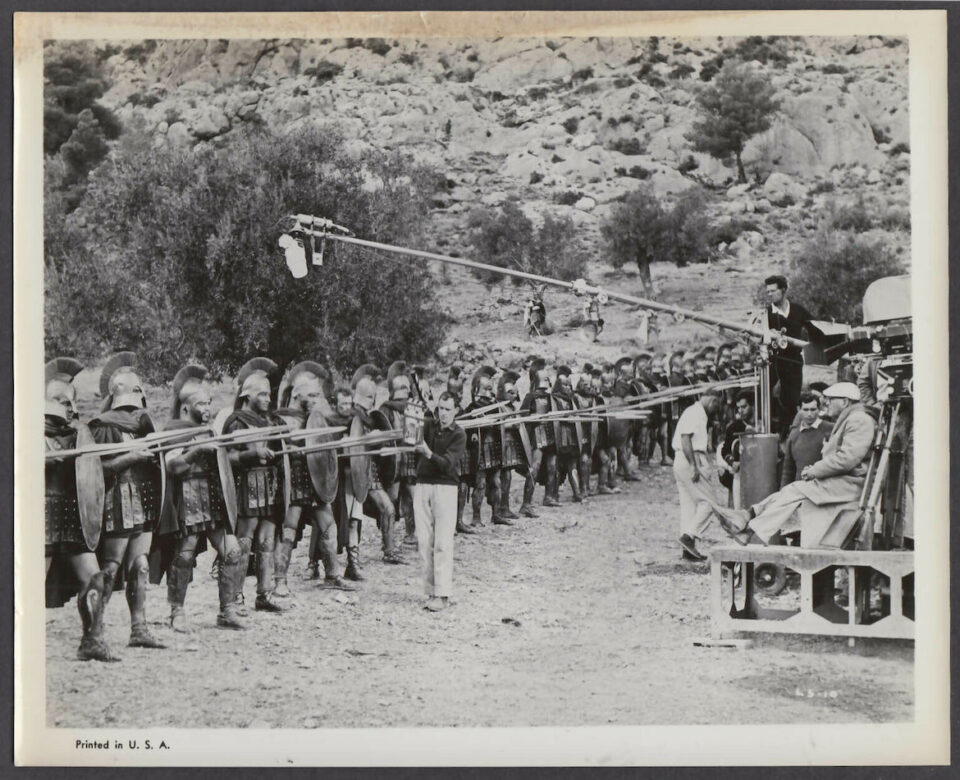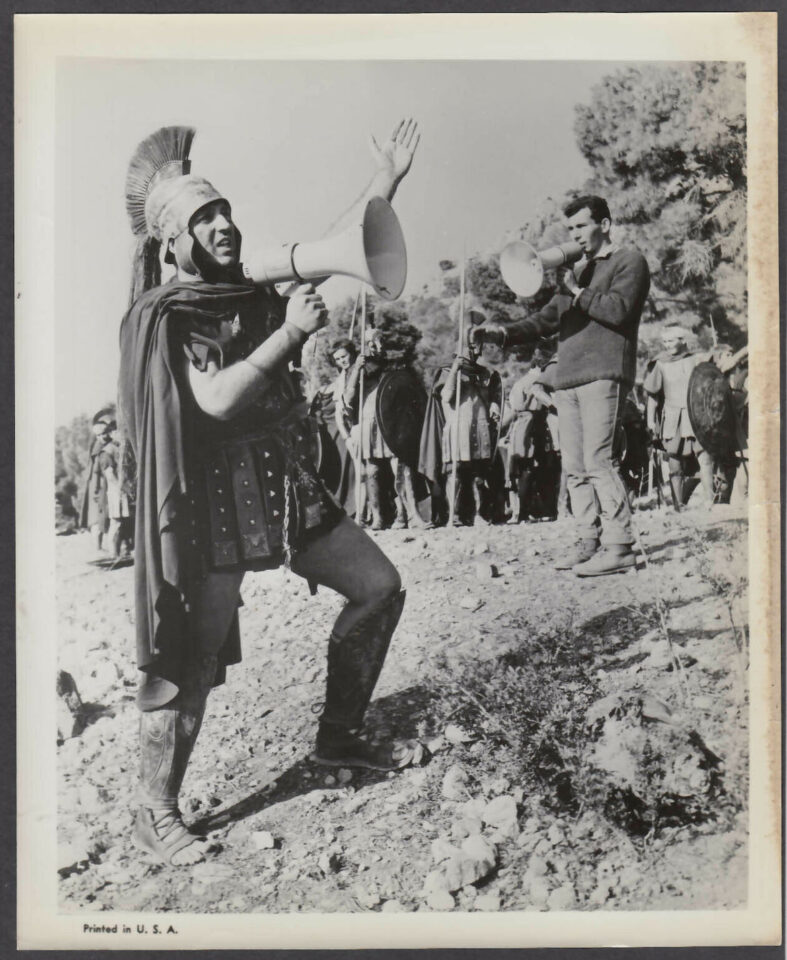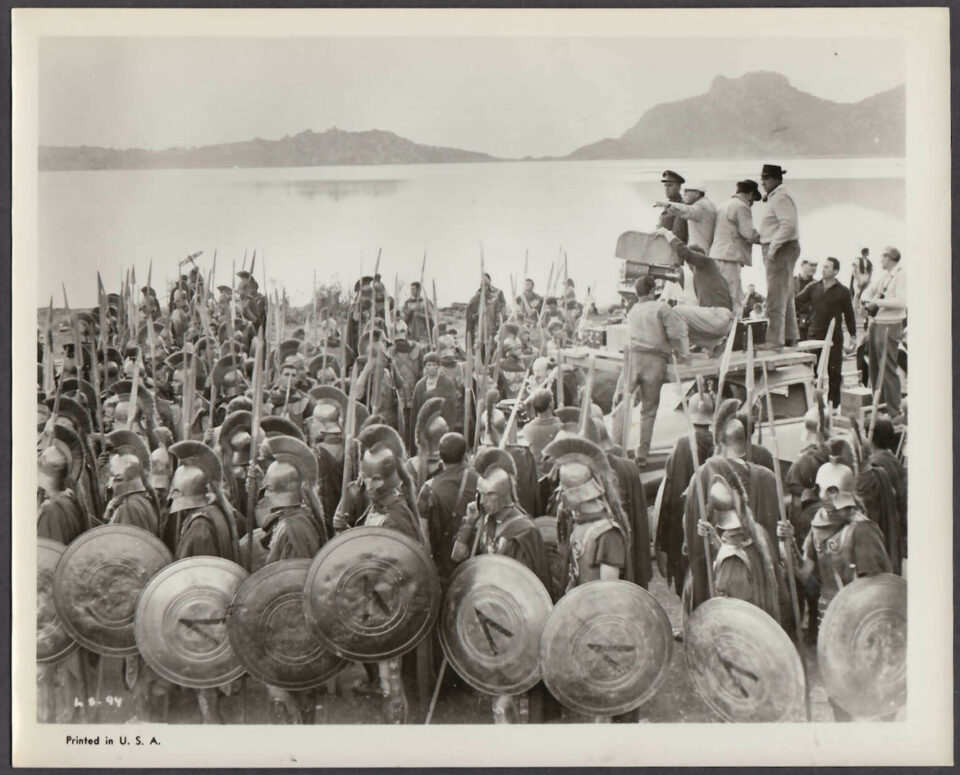Long before Gerard Butler yelled… “This is Sparta,” making him as famous globally as King Leonidas was in antiquity, there was Richard Egan and his 1962 portrayal of the famous Greek king who battled the savage Persians in the fight that saved the West.
Some fun facts about the smash hit epic film of our generation “300” and how life, history and art are interconnected and can lead to great things— like blockbuster films.
The film “300” was actually adapted from a graphic novel by comic book illustrator Frank Miller, who first became fascinated with the Battle of Thermopylae after he saw the epic film by 20th Century Fox called “The 300 Spartans” as a boy.

The 1962 film was directed by Rudolph Maté and was shot on location in the village of Perachora near the Corinth Canal in the Peloponnese.
The director actually wanted to shoot at Thermopylae but 2,500 years of silt had shrunk the Malian Gulf drastically since the battle in 480 BC, turning the strait where the battle was originally fought into a broad coastal plain.
According to Miller, who gave numerous interviews about his inspiration behind developing the project, actor Richard Egan’s portrayal of King Leonidas changed his perception of the role of a hero, realizing that heroes don’t always succeed, and sometimes they have to sacrifice themselves for the greater good.
The film was made in cooperation with the Greek government which supplied more than 1,000 extras– all from the Greek military– who played Spartan and Persian soldiers.
When the film was released in 1962, critics saw the movie as a commentary on the Cold War, referring to the independent Greek states as “the only stronghold of freedom remaining in the then known world,” holding out against the Persian “slave empire.”
A narrator closes the film’s final scene with the words: “…But it was more than a victory for Greece, it was a stirring example to free people throughout the world of what a few brave men can accomplish once they refuse to submit to tyranny!”
Behind the Scenes Shooting “The 300 Spartans” in 1962
